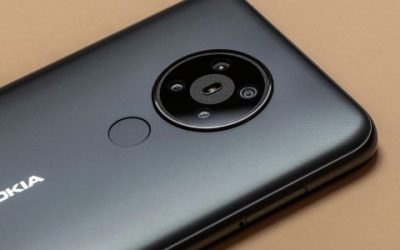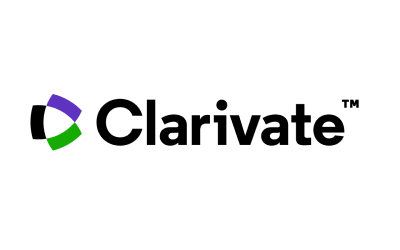This article discusses an appeal filed by AbbVie Biotherapeutics Inc. and AbbVie Inc. (Appellants) at the Delhi High Court against the refusal of their patent application (Application No. 201817047767) for an anti-cMet antibody-drug conjugate by the Assistant Controller of Patents and Designs.
Background
The appellants filed the subject patent application on December 17, 2018, claiming priority from a US patent application. The initial examination raised objections regarding the lack of industrial applicability and non-patentability of the claims under the Act. The appellants responded with amended claims, but the Assistant Controller ultimately rejected the application on July 31, 2023, citing the same objections raised earlier. The issue before the court was whether the proposed amendments sought by the Appellant from method claims to product claims, specifically to cover the anti-cMet ADC itself, without the limitations related to the method of treatment, could be permitted, or whether they expanded the scope of the claims beyond what was originally filed. The original claims in the patent application focused on methods of treatment using the anti-cMet ADC for treating cMet-overexpressing cancers. These claims included dosing schedules, dosage ranges, and patient selection criteria. Thus, the court was to determine whether the amendment sought by the Appellant is permitted under Section 59(1) of the Patent Act.
In essence, Section 59 (1) of the Patent Act restricts amendments to those that:
- Serve as disclaimers, corrections, or explanations.
- Incorporate facts.
- Do not introduce new subject matter or broaden the scope of the original claims beyond what was initially disclosed.
AbbVie’s (Appellant) arguments
- Right to amend claims: The appellants argued that they retained the right to amend their claims under the Patents Act, even though they did not make amendments at the PCT stage. They cited Sections 57(6) and 59 of the Act, which allow amendments to the patent application, including documents and claims, at any time during the life of the patent application/patent.
- International application: They contended that an international application designating India should be considered a complete specification for the purposes of the Patents Act. Therefore, they argued that their national phase application could not be faulted for not having the amended product claims for the anti-cMet ADC.
- Disclosure in specification: The appellants maintained that the amended claims directed to anti-cMet drug conjugates were disclosed in the patent specification and the as-filed claims of the specification. They argued that these amendments should be permissible under Section 59(1) of the Act and that objections under Sections 2(1)(j) and 3(i) of the Act should be waived.
- Reliance on precedent: The appellants relied on a decision by the court in the case of Allergan Inc. v. Controller of Patents, which was based on similar facts and was decided in favor of the Appellant.
Court’s ruling and reasoning
- Scope of claims: The court noted that the original claims were limited to specific treatment methods, while the amended claims sought to cover the ADC as a standalone product. This shift was seen as an enlargement of the scope of the claims, which the court noted is not permissible under Section 59(1) of the Patents Act.
- Nature of amendments: The court emphasized that the amendments were not in the nature of corrections, explanations, or disclaimers but rather a significant transformation from method claims to product claims. This kind of amendment was found to violate the provisions of the Patents Act, as it introduced new subject matter that was not originally disclosed.
- Legal precedents: The court referred to previous judgments, such as the Nippon A & L Inc. v. Controller of Patents and Ovid Therapeutics v. Controller of Patents & Designs cases, which established that amendments must not broaden the scope of the original claims. The proposed amendments in this case were found to be broader than the original claims and thus not permissible.
- The court upheld the Controller’s decision to refuse the patent application, affirming that the proposed amendments were impermissible under Section 59(1) of the Act and that the original claims lacked industrial applicability.
In summary, the court found that converting the method claims to product claims significantly broadened the scope of the original claims, which is not allowed under the Patents Act. The amendments were not considered mere corrections or disclaimers but a substantial transformation that introduced new subject matter. Therefore, the court upheld the refusal of the patent application.

Written by Ranjan Narula
Managing Partner, RNA, Technology, and IP Attorneys
You may also like…
Survival of the fittest: Strava sues Garmin for patent infringement
Fitness app company Strava has recently made waves in the running and cycling communities after suing Garmin for...
FRAND compliance and conditional injunctions: key lessons from China’s VoiceAge v. HMD SEP decision
Case background and conditional injunctions A recent ruling by the Fuzhou Intermediate People’s Court has drawn...
Clarivate delivers new AI-powered solutions within Innography for competitive benchmarking and standard-essential patent analysis
AI Classifier delivers patent classification with up to 97% first-pass accuracy for portfolio benchmarking, while SEP...
Contact us to write for out Newsletter














